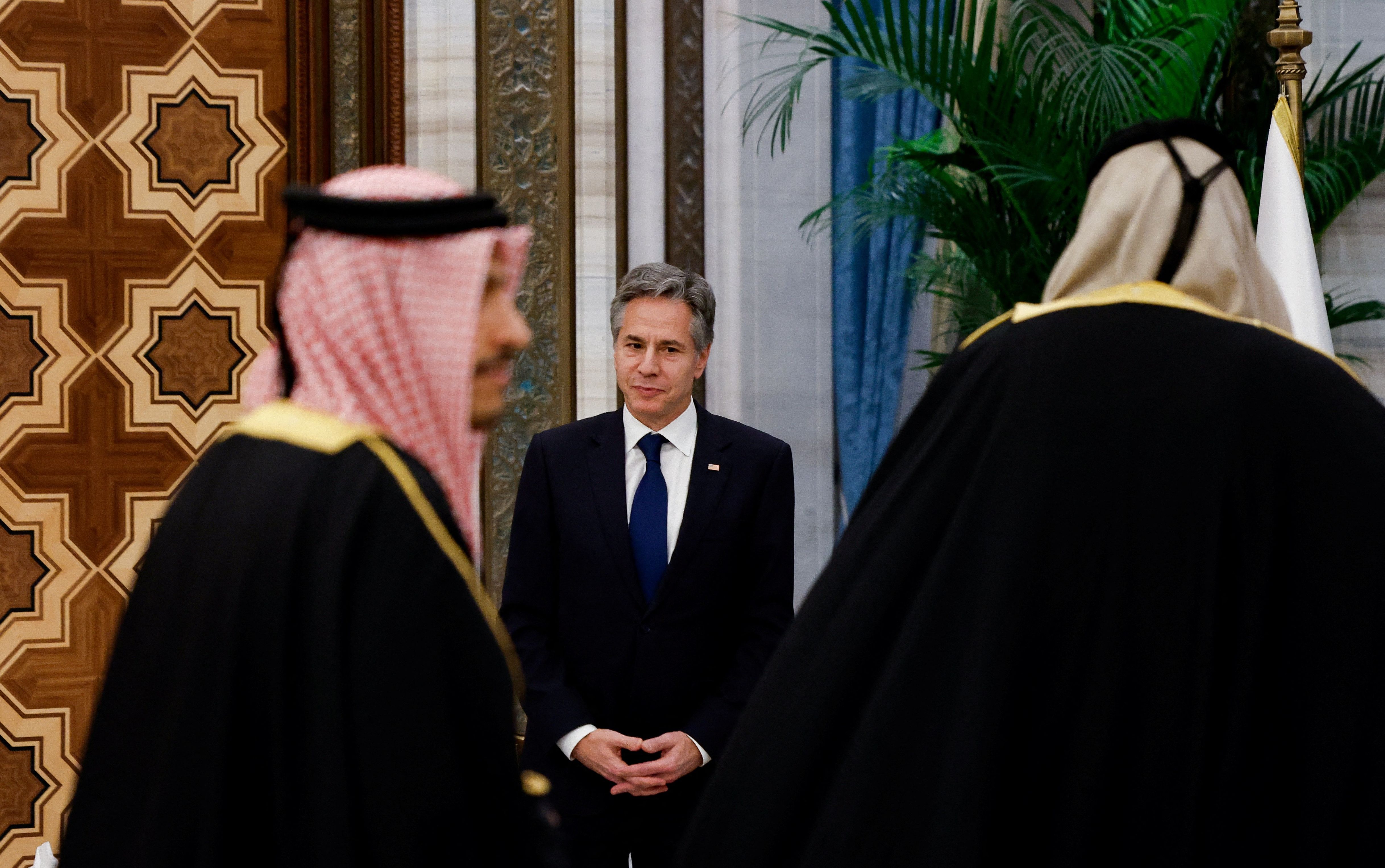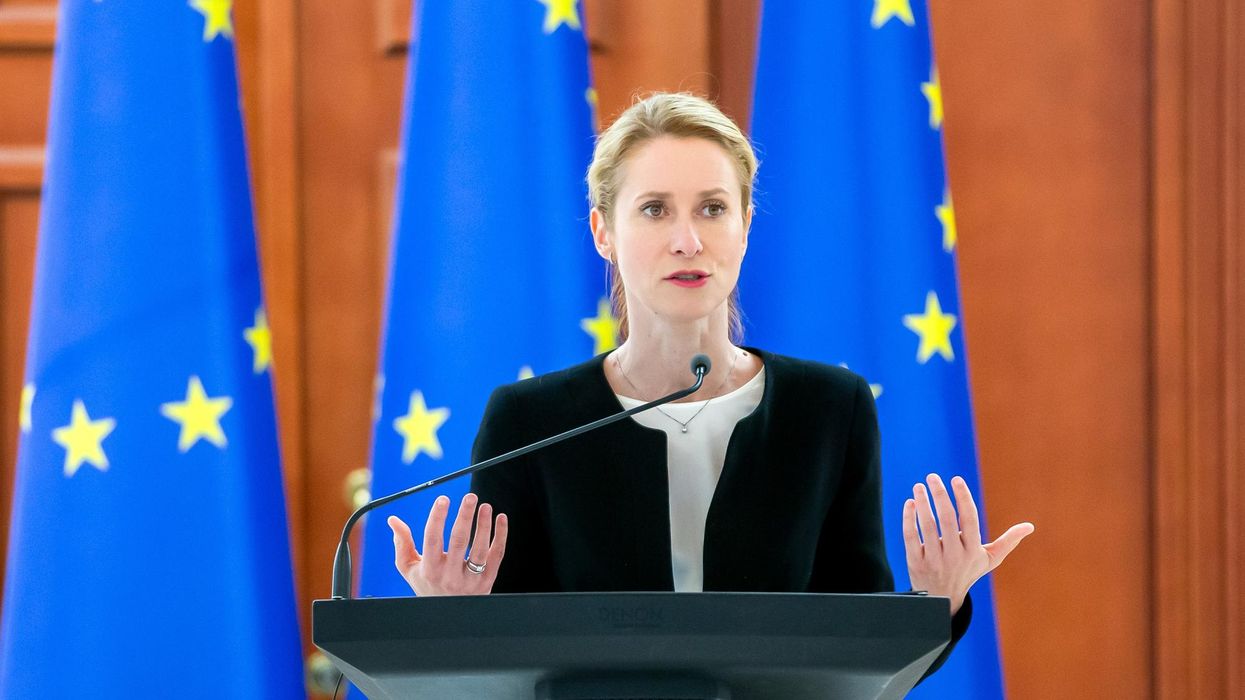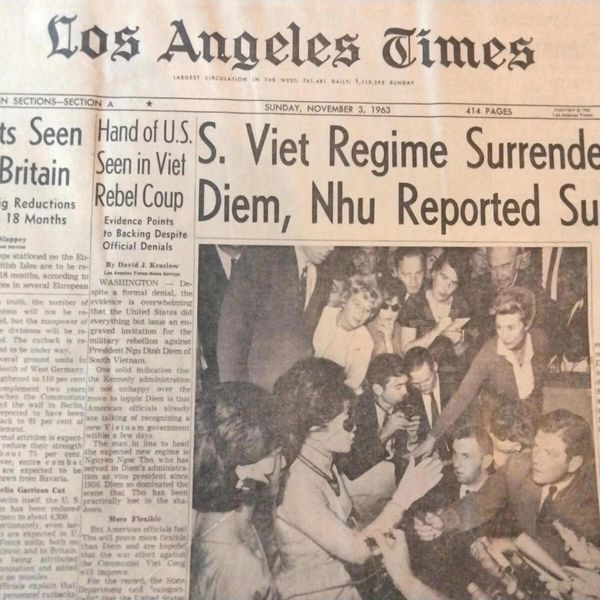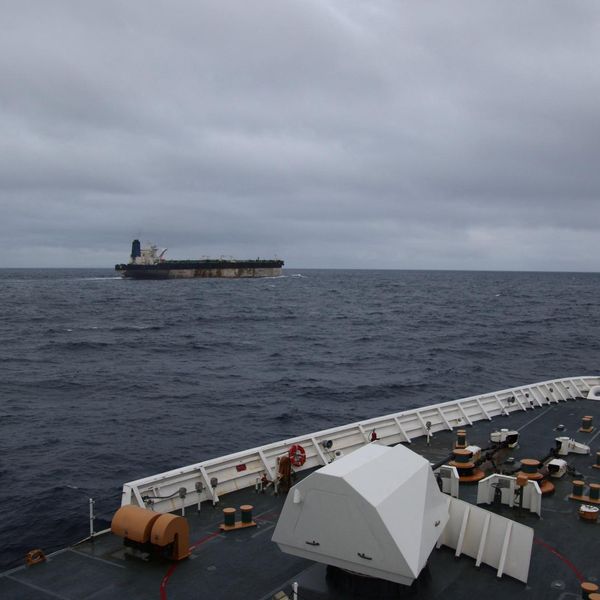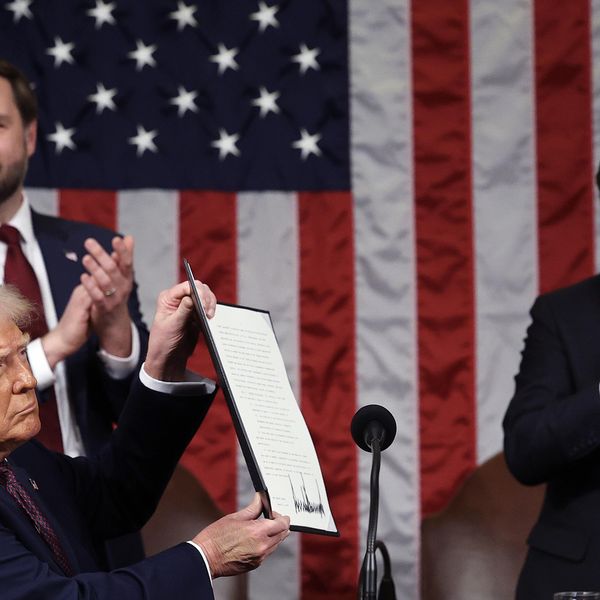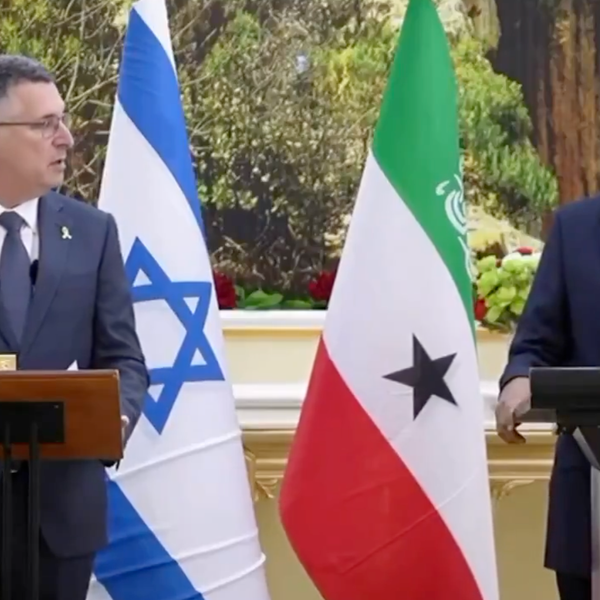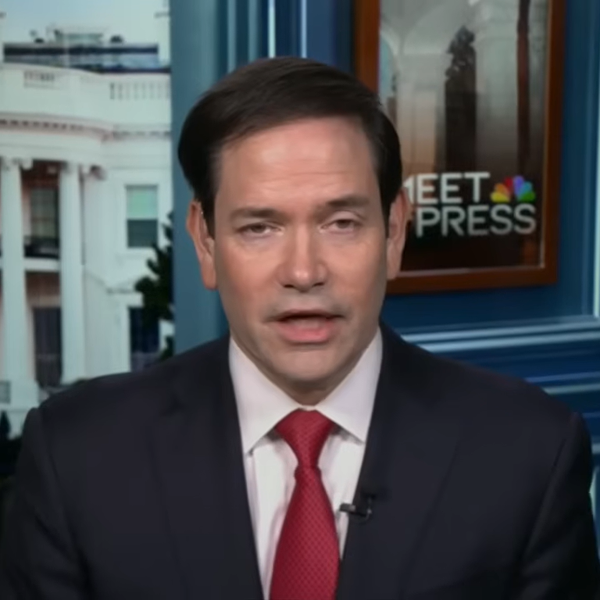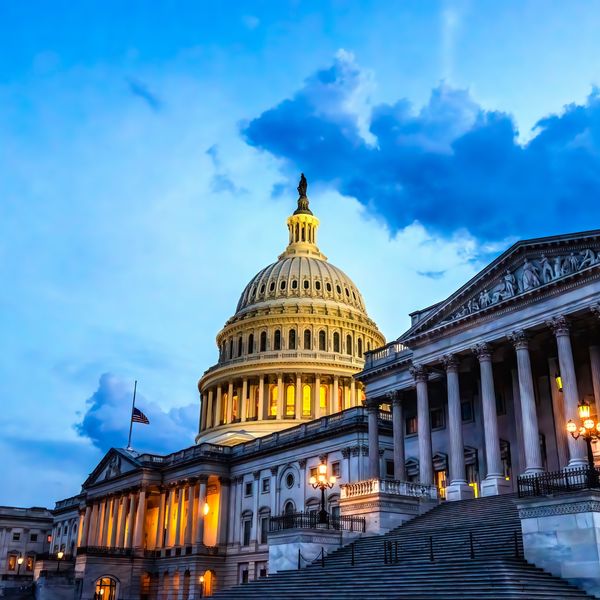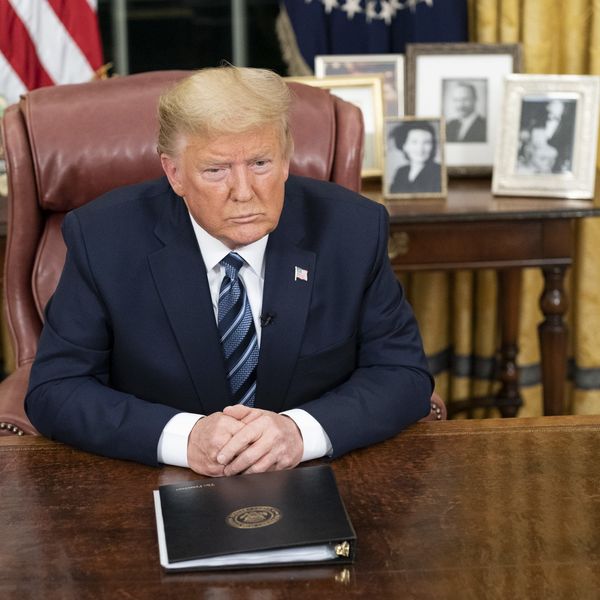Since November, the Houthis in Yemen have launched scores of missile and drone attacks on vessels in the Gulf of Aden and the southern Red Sea in reaction to the U.S.-backed Israeli war on Gaza. Ansarallah, the dominant Houthi militia, also hijacked the Japanese-operated and partly Israeli-owned Galaxy Leader on November 19.
On December 18, the Pentagon responded by establishing Operation Prosperity Guardian, a mostly Western security initiative aimed at deterring the Houthis from disrupting shipping near the Bab el-Mandeb, the narrow strait separating Yemen from the Horn of Africa. About 30 percent of all global containers and approximately 12 percent of world trade transit the Bab el-Mandeb.
Yet Operation Prosperity Guardian failed to deter Ansarallah from continuing its missile and drone strikes. The group has said consistently that these attacks on vessels off Yemen’s coast will end if and only when Israel ceases its attacks on Gaza. Rather than using U.S. leverage to persuade the Israeli government to agree to a ceasefire in Gaza, the Biden administration, along with the UK, has carried out over the past week a series of airstrikes against Houthi targets across Yemen while continuing to supply Israel with bombs and other weaponry to continue its Gaza campaign. The Pentagon was keen to emphasize that this month’s U.S.-UK strikes against Ansarallah targets in Yemen took place outside Operation Prosperity Guardian’s framework.
These strikes, the first direct U.S. military intervention against the Houthis since October 2016, are escalating regional tensions in ways that are unsettling Washington’s closest Arab allies and partners in the Persian Gulf.
Apart from Bahrain, which joined Australia, Canada, and the Netherlands in playing nonoperational roles in these American-British strikes, the other members of the Gulf Cooperation Council (GCC) have refused to participate. And most of them have expressed concern about Washington and London’s escalation. Even before January 11, when the first wave of strikes took place, some Gulf Arab officials warned explicitly against such military action.
During a joint press conference with U.S. Secretary of State Antony Blinken on January 7, Qatari Foreign Minister Mohammed bin Abdulrahman Al Thani made clear his concerns. “We never see a military action as a resolution,” he asserted, adding that protecting shipping lanes through “diplomatic means” would be the “best way possible.” Nine days later, while addressing the World Economic Forum in Davos, Switzerland, Sheikh Mohammed warned that military strikes against the Houthis would fail to contain Ansarallah’s operations. “We need to address the central issue, which is Gaza, in order to get everything else defused... If we are just focusing on the symptoms and not treating the real issues, [solutions] will be temporary,” he said.
Shortly after the U.S.-UK strikes, Kuwait also expressed “grave concern and keen interest in the developments in the Red Sea region following the attacks that targeted sites in Yemen.”
As for Oman, which has often served as a key mediator and geopolitical balancer in the region, its foreign ministry declared that Muscat “can only condemn the use of military action by friendly countries” and warned that the U.S.-UK strikes risk worsening the Middle East’s perilous situation. “We denounce the resort to military action by [Western] allies while Israel persists in its brutal war without accountability,” read a statement from the ministry.
Saudi Arabia’s high stakes
But the GCC member most concerned about the escalating tensions in the Gulf of Aden, southern Red Sea, and Yemen is likely Saudi Arabia. Late last year, Riyadh asked the Biden administration to show restraint when responding to Ansarallah’s attacks on vessels off Yemen’s coast. After the U.S. and UK strikes began, the Saudi Ministry of Foreign Affairs called for “avoiding escalation” while noting that Riyadh was monitoring events with “great concern.”
In an interview with RS, Mehran Kamrava, a professor of government at Georgetown University in Qatar, explained that “[t]his statement indicates Saudi efforts to encourage de-escalation and at the same time to ensure its short- and medium-term diplomatic interests by signaling its concern to all the parties involved, including the U.S. and Britain.”
“The Saudis are concerned and for good reason,” according to Aziz Alghashian, a fellow at Lancaster University in Britain. “The Saudi ruling elite want to avoid being caught in the middle of regional and international conflicts,” he told RS.
Among other things, the Saudis want their nearly two-year-old truce with the Houthis to be preserved. The kingdom is also determined to ensure that the Saudi-Iranian détente, that was mediated by Oman, Iraq, and China last March, remains on track. The view from Riyadh is that the U.S.-UK military intervention in Yemen threatens to undermine both interests.
“The Saudi concern is that attacks on shipping in the Red Sea, and U.S. and UK attacks on Yemen bring Iran and the Houthis closer together and that Iran [will] become more directly involved in Houthi [operations],” according to Kamrava. “By attacking Yemen, the U.S. and UK have already escalated the Gaza war beyond Palestine. Saudi Arabia would want to do whatever it can to contain a further escalation as it may spill over into its own borders and to result in a radicalization of domestic political sensibilities.”
The Saudi leadership recognizes that the kingdom would be in a much more vulnerable position if the ongoing regional crisis were unfolding during the 2016-20 period, when tensions between Riyadh and Tehran were sky high. Due to their recent détente, the kingdom perceives the Iranian threat to the kingdom as far more manageable. “The escalation of regional tension due to the war on Gaza and the subsequent escalation of tensions in the Red Sea are examples of why the Saudi-Iranian normalization deal struck last March is strategically [valuable to Riyadh],” said Alghashian.
Ultimately, with Crown Prince and Prime Minister Mohammed bin Salman, better known as MbS, at the helm, the Saudi leadership wants to prioritize its Vision 2030 — the kingdom’s ambitious economic diversification agenda. A successful Vision 2030 requires stability in Saudi Arabia and its neighborhood. It’s within this context that the Saudi government renormalized diplomatic relations with Iran last year, embraced opportunities for rapprochement with Qatar and Turkey in 2021/22, and engaged the Houthis in talks about a permanent truce.
With NEOM, a futuristic metropolis, and other Vision 2030 projects based along Saudi Arabia’s Red Sea coast, officials in Riyadh are gravely concerned about how the Gaza war, the related Houthi attacks on shipping in the Red Sea, and U.S.-UK retaliation could destabilize this body of water and the surrounding territory. Further escalation by any of the parties is a scenario that the Saudi government wants to avoid at all costs.
To ensure that Ansarallah does not resume its attacks against Saudi Arabia, Riyadh has tried to distance itself from this month’s U.S.-UK military strikes in Yemen. However, given Manama’s participation, however nominal, in Washington and London’s attacks on Houthi targets, as well as its normalized relationship with Israel, the possibility that the Houthis may retaliate by targeting the U.S. Navy’s Fifth Fleet, which is based in Bahrain, can’t be dismissed. Given the extent to which protecting Bahrain’s national security has been a high priority for Saudi Arabia and the other GCC states, such a scenario risks serious damage to Riyadh’s interests.
As Kamrava observed, targeting U.S. interests on the Arabian Peninsula by the Houthis, or “some of the loose grouplets within them,” could constitute an “extremely dangerous development and a conflagration that would be difficult to contain.”

